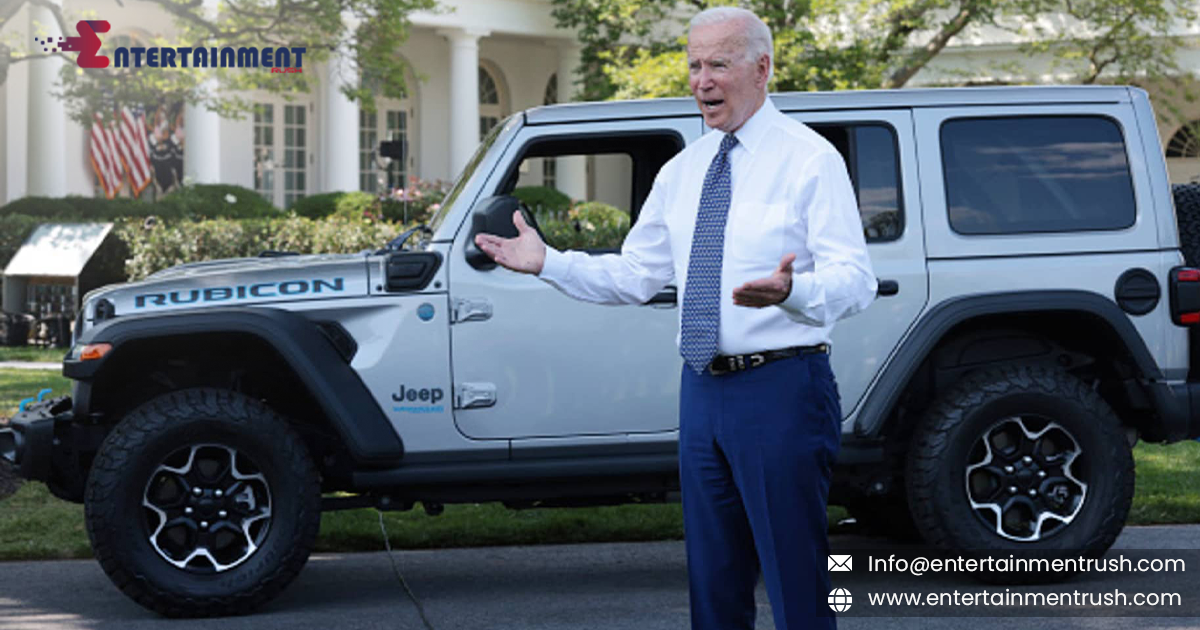As President-elect Donald Trump’s transition team prepares for a second term, one of their key targets is the $7,500 electric vehicle (EV) tax credit introduced under President Biden’s Inflation Reduction Act (IRA). According to recent reports, the transition team is planning to eliminate this incentive as part of a broader tax reform initiative. This marks the latest in a series of actions Trump has vowed to take, aiming to dismantle policies from the Biden administration, especially those tied to climate and clean energy goals.
The Biden EV Tax Credit
Introduced in 2022, the EV tax credit is a major component of Biden’s plan to encourage the adoption of electric vehicles and reduce the nation’s carbon footprint. The credit provides up to $7,500 for individuals purchasing or leasing eligible electric or plug-in hybrid vehicles. The goal is to stimulate the growth of the electric vehicle market, supporting both automakers transitioning to EVs and consumers making the switch to greener transportation options.
Under the IRA, the government has also committed substantial investments to boost the U.S. EV manufacturing sector, providing a boost to electric car production, particularly by American automakers. These measures are seen as a critical step in meeting the U.S.’s ambitious climate targets and reducing dependence on fossil fuels.
Trump’s Opposition to the EV Credit
During his time in office, Trump was vocal about his skepticism regarding the EV tax credit and other green energy policies. He consistently described the Biden administration’s climate actions as costly and counterproductive to American energy independence. Since his announcement to run for president again, Trump has pledged to undo many of Biden’s environmental policies, including the IRA, which he has referred to as the “greatest scam in history.”
The elimination of the EV tax credit aligns with Trump’s broader strategy to scale back government intervention in the economy, focusing instead on policies that favor traditional energy sources like oil, gas, and coal. Trump’s team sees the tax credit as a misguided subsidy for the wealthy and a disincentive for automakers to innovate outside the realm of electric vehicles.
Potential Impact and Next Steps
If Trump’s team moves forward with targeting the EV tax credit, it would mark a significant shift in U.S. energy and transportation policy. The move could have profound effects on the electric vehicle market, raising the cost of EVs for consumers and potentially slowing the adoption of electric cars, which is crucial for meeting climate goals. It may also strain relations with automakers who have invested heavily in electric vehicle production in response to government incentives.
Trump’s team is reportedly exploring ways to modify the tax credit rules, tightening eligibility and possibly increasing manufacturing requirements, making EVs more expensive to produce and less attractive to consumers. The exact nature of these changes remains unclear, and further legislative action would likely be needed to enact such modifications.
Looking Ahead
While this proposal represents a bold stance in the 2024 election cycle, it also highlights the ongoing tension between the two political parties on the future of clean energy and climate policy in the U.S. The Biden administration has firmly backed the EV tax credit as essential to the nation’s environmental goals, and the Republican opposition under Trump may spark further debate on the role of government incentives in shaping the future of transportation and energy production.
As the next election looms, the future of the EV tax credit remains uncertain, with significant implications for both the automotive industry and U.S. environmental policy. Trump’s plans to target this program reflect broader ideological divides and raise questions about the direction of the nation’s green energy policies under a second Trump administration.





Leave feedback about this